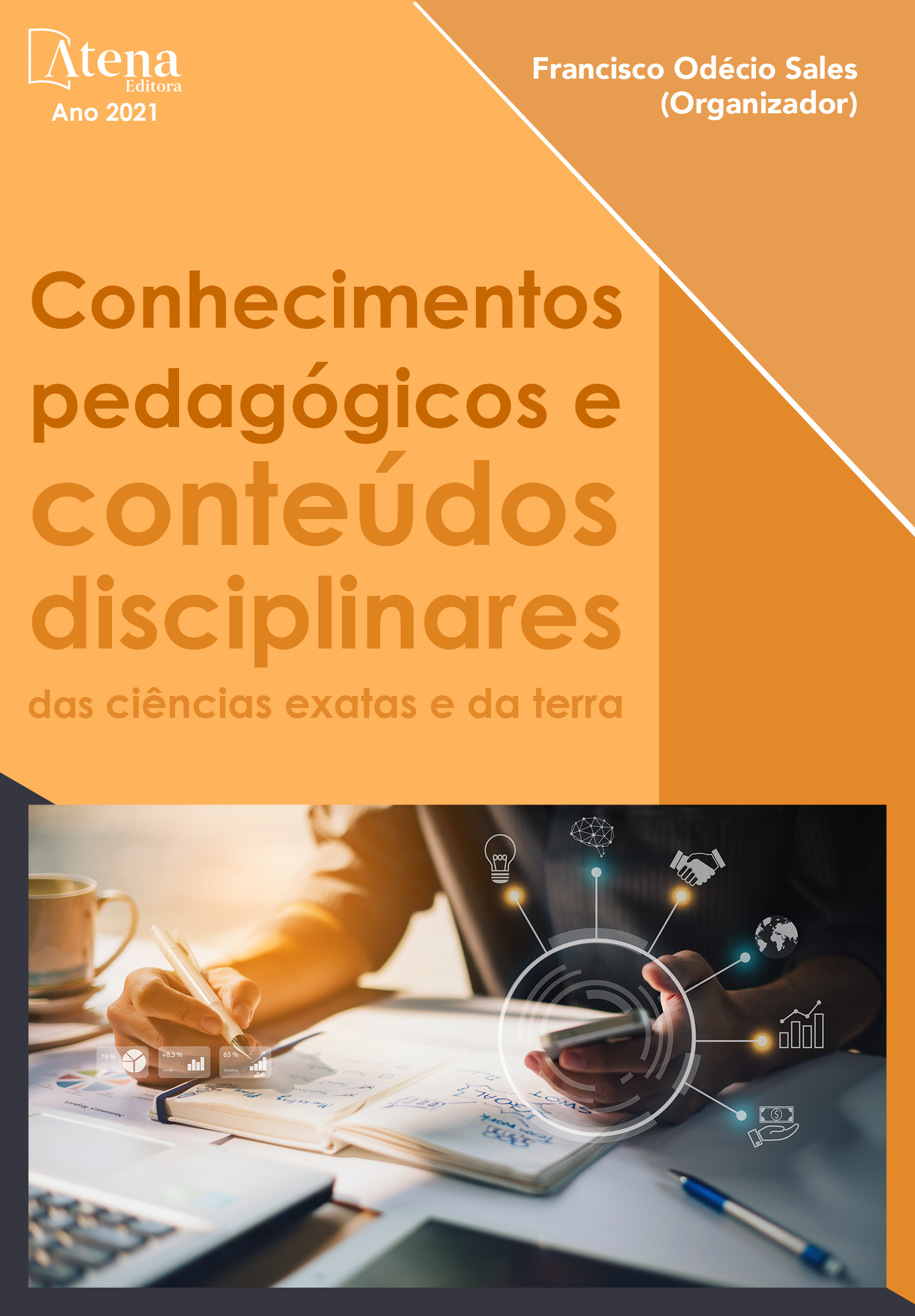
A HISTÓRIA DA ESTRADA DE FERRO DE ILHÉUS E A TERMODINÂMICA: CONTRIBUIÇÕES AO PROCESSO DE ENSINO E APRENDIZAGEM DE FÍSICA NOS ANOS FINAIS DO ENSINO FUNDAMENTAL
Esse trabalho traz parte dos resultados da dissertação de mestrado da primeira autora. O objetivo é apresentar as contribuições do uso de um tema do contexto histórico regional relacionado a antiga Estrada de Ferro de Ilhéus, mais especificamente pelo funcionamento da locomotiva, ao processo de ensino e aprendizagem de conteúdos de Termodinâmica realizado numa turma de 9º ano do ensino fundamental do campo. Próximas à escola, as ruinas da estrada de ferro possibilitaram a contextualização do tema, criando vínculos afetivos que acarretaram mudanças de comportamento e maior participação nas aulas em torno da construção de modelos físicos que explicassem microscopicamente as transformações de energia desde a fonte de calor até o movimento das rodas da máquina. A sala de aula foi organizada de acordo com os três momentos pedagógicos. A análise das falas dos alunos buscou indicadores de aprendizagem por meio da análise de discurso. Concluímos que os alunos conseguiram incorporar o conhecimento científico as falas históricas relacionadas a memórias discursivas permanentes, e não como mera repetição de textos de livros ou imitação de falas da professora, de forma a trazerem elementos que os auxiliou a compreenderem melhor a história de suas comunidades e de suas vidas, evidenciando a aprendizagem.
A HISTÓRIA DA ESTRADA DE FERRO DE ILHÉUS E A TERMODINÂMICA: CONTRIBUIÇÕES AO PROCESSO DE ENSINO E APRENDIZAGEM DE FÍSICA NOS ANOS FINAIS DO ENSINO FUNDAMENTAL
-
DOI: 10.22533/at.ed.2422131082
-
Palavras-chave: Ensino de Ciências, Termodinâmica, Tema Regional, Estrada de Ferro de Ilhéus, Anos Finais do Ensino Fundamental
-
Keywords: Science Teaching, Thermodynamics, Regional Theme, Ilheus Railway, Elementary School Final Years.
-
Abstract:
This work is part of the results of the first author´s postgraduate dissertation. The objective is to present the contributions of the use of a regional and historical theme on context related to Ilheus Railway, more specifically by the operation of the locomotive, to the process of teaching and learning of thermodynamics contents carried out in a class of 9th grade elementary rural school. Near the school, railway ruins enabled the contextualization of the theme, creating affective bonds that led to changes in behavior and greater participation in classes around the construction of physical models that explained microscopically the transformations of energy from the source of heat to the movement of the machine wheels. The classroom was organized according to the three pedagogical moments. The analysis of the students' speeches looked for indicators of learning through discourse analysis. We conclude that students were able to incorporate scientific knowledge into the historical discourse related to permanent discursive memories, rather than as a mere repetition of textbooks or imitation of the teacher's speech, to bring elements that helped them to better understand the history of their communities and their lives, evidencing learning.
-
Número de páginas: 24
- Thais Barbosa dos Santos Moura
- Adriano Marcus Stuchi


